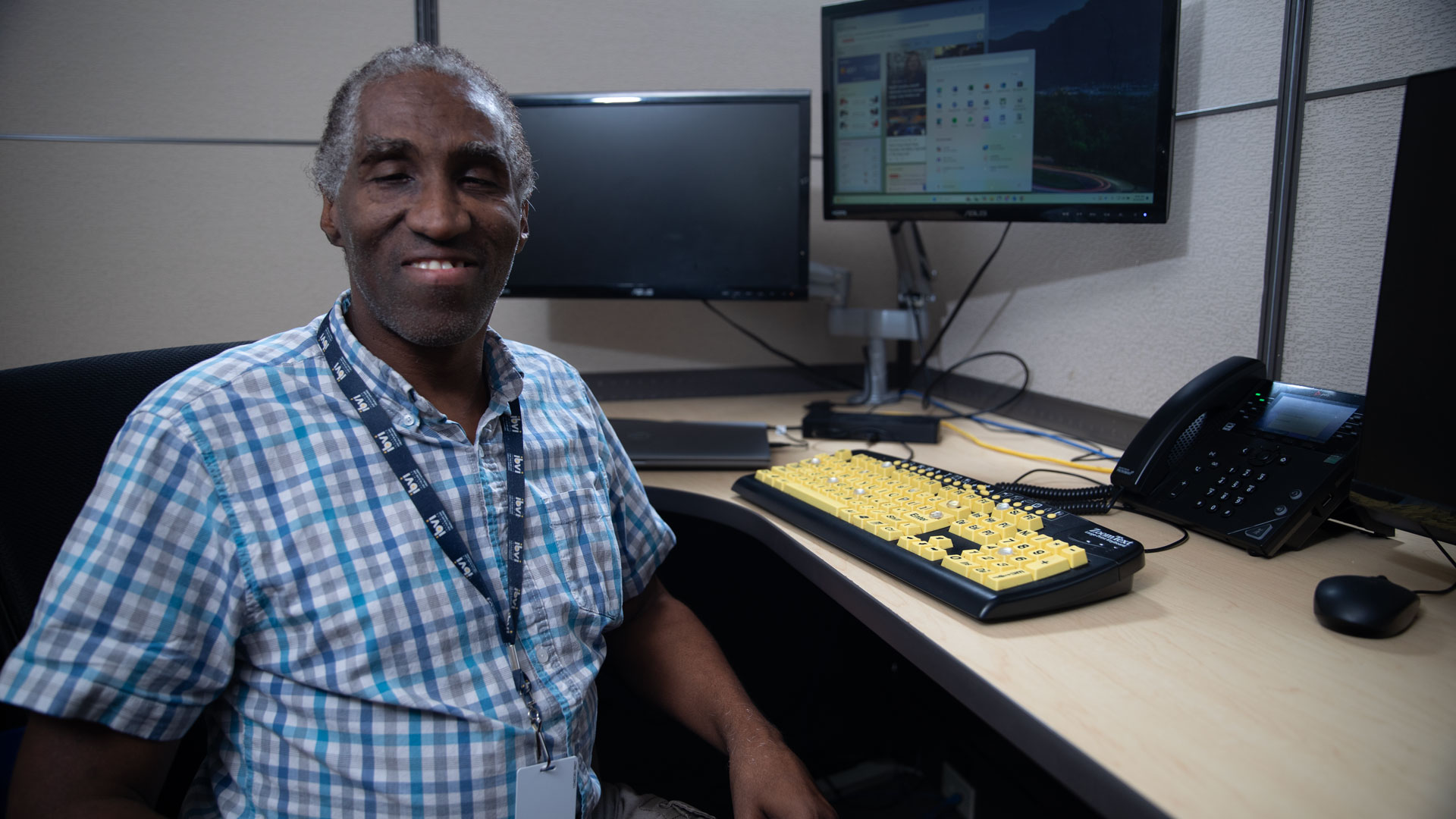If you had to choose a superpower, what would it be?
It’s the age-old childhood question. Or the cliche icebreaker in group get-to-know-you activities. But for those who are blind, there’s scientific evidence that proves superpowers are actually quite real.
Recent developments in neuroscience and brain imaging research reported in Scientific American prove that when one of the five senses is impaired or unused, the other four senses kick into overdrive to compensate. Think of it like comic book superhero Matt Murdock (aka Daredevil). After he was blinded in an accident as a child, he developed his superpower: hyper-amplification of his other senses.
Sure, it’s just a comic book story—but it may not all be fiction. In real-life, there’s now proof that losing your sight actually does enhance your other senses. For example, research shows that blind musicians may possess enhanced auditory skills that give them an edge when it comes to musical ability. Stevie Wonder and Ray Charles are two perfect examples.
When you further explore cognition, verbal, and auditory comprehension of the blind, you’ll discover that music is just the tip of the iceberg. People who are blind can also comprehend speech at speeds 2.5x faster than the average sighted individual.
“Blind people can easily comprehend speech that is sped up far beyond the maximum rate that sighted people can understand.” — Scientific American
According to research from The Hertie Institute for Clinical Brain Research at the University of Tübingen, Germany, sighted individuals can only comprehend a maximum of 10 syllables per second whereas blind people can comprehend speech sped up to 25 syllables per second.
To put that into perspective, 25 syllables per second is more than twice as fast as the speed at which the Guinness world record’s fastest speed-talker, John Moschitta —known for his memorable TV commercials as the fast-talking FedEx pitchman—can talk.
Beyond impressive from an auditory perspective, this research also helps advance our understanding of blind and visual impairment because it provides medical and scientific communities with information that informs new potential treatments and technologies that can improve quality of life.
Superability in Disguise
The term disability is just a perspective. Behind it are heightened abilities we’re now just starting to understand—and auditory comprehension is just the beginning.


